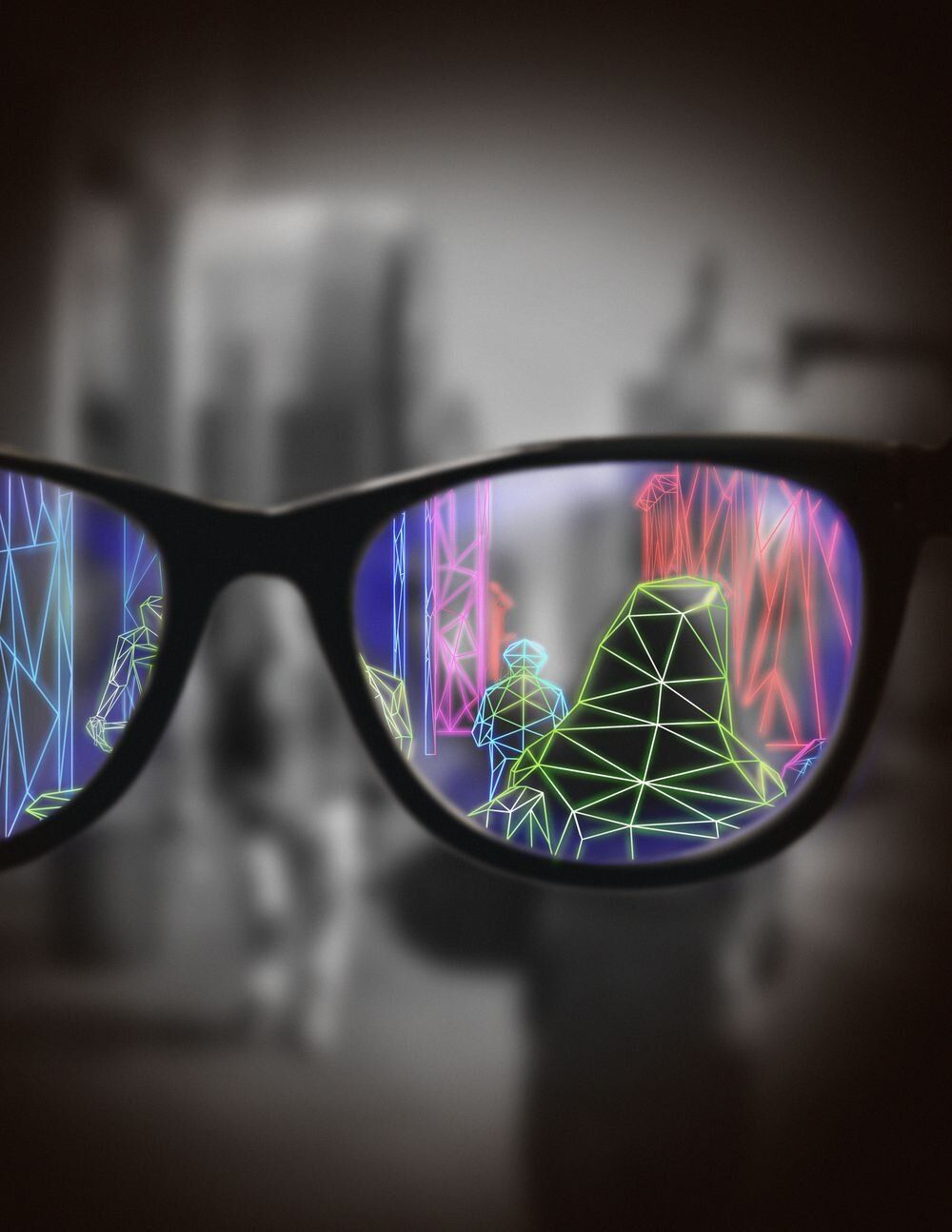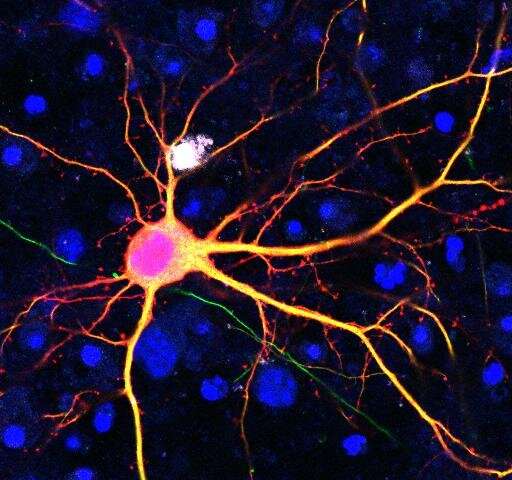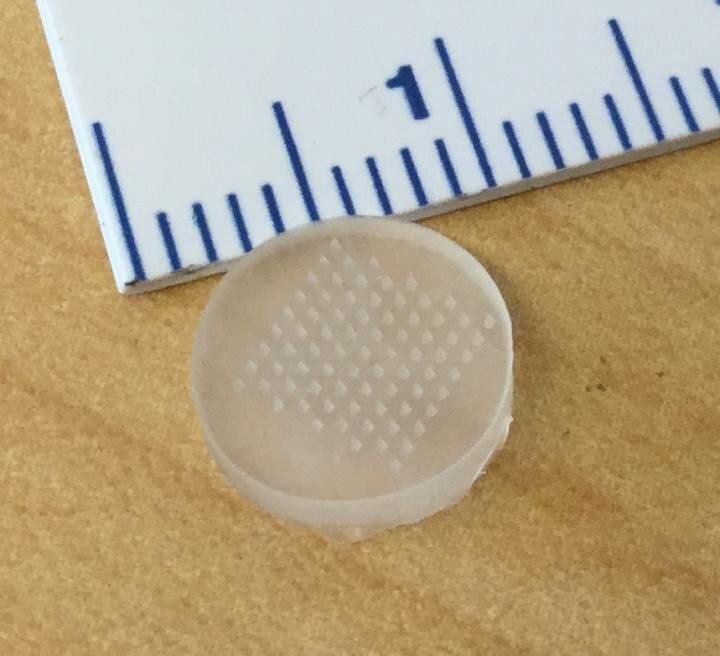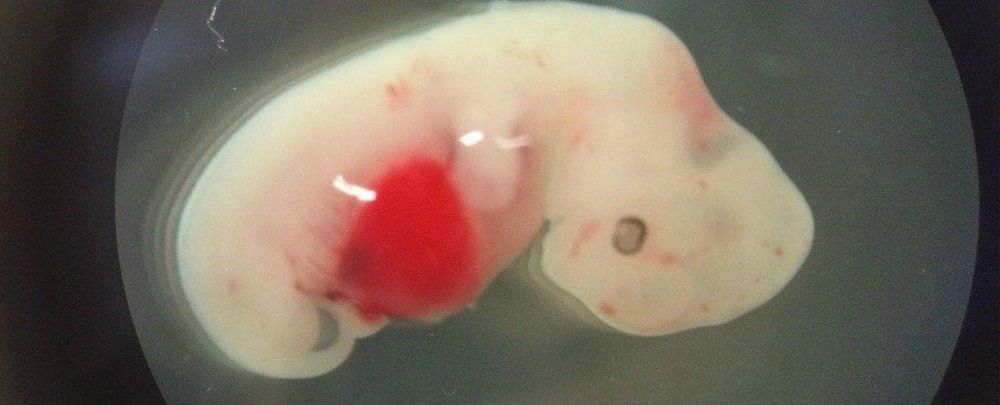Nearly one in 30 Americans over the age of 40 experience low vision—significant visual impairment that can’t be corrected with glasses, contact lenses, medication or surgery.
In a new study of patients with retinitis pigmentosa, an inherited degenerative eye disease that results in poor vision, Keck School of Medicine of USC researchers found that adapted augmented reality (AR) glasses can improve patients’ mobility by 50% and grasp performance by 70%.
“Current wearable low vision technologies using virtual reality are limited and can be difficult to use or require patients to undergo extensive training,” said Mark Humayun, MD, Ph.D., director of the USC Dr. Allen and Charlotte Ginsburg Institute for Biomedical Therapeutics, codirector of the USC Roski Eye Institute and University Professor of Ophthalmology at the Keck School.







